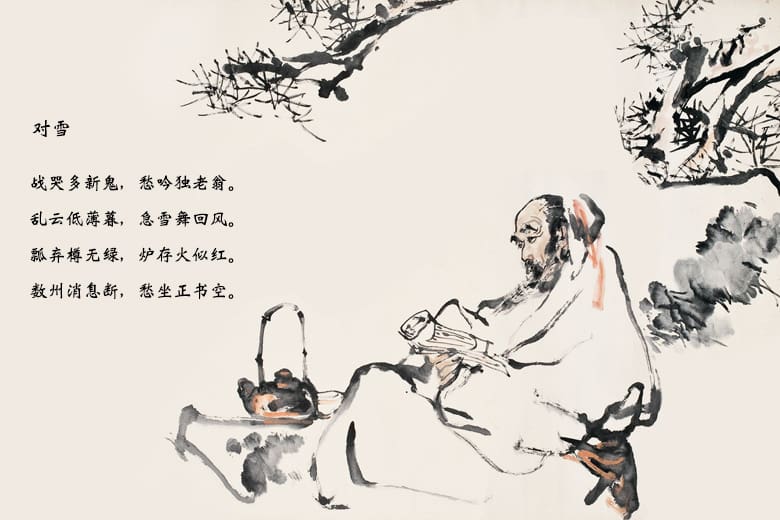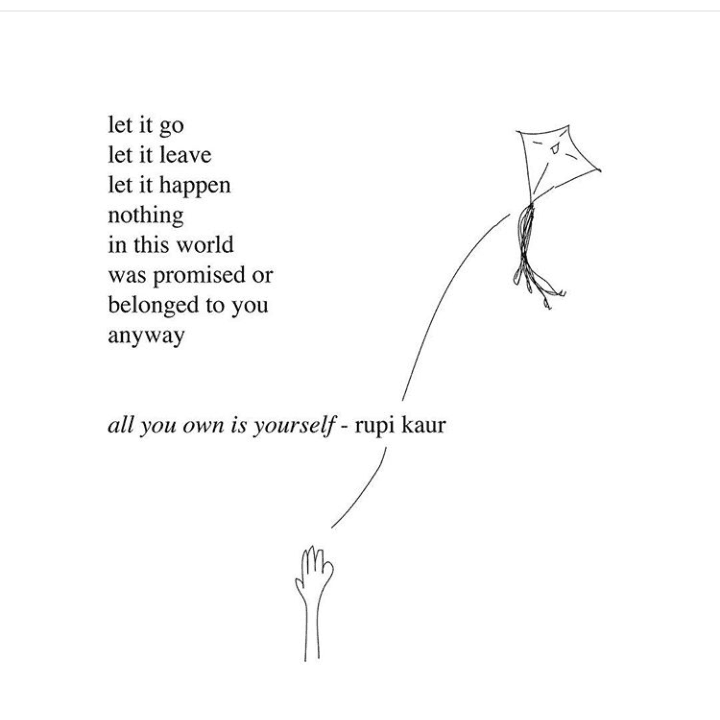From Poetry Nation to Instagram
by Feng Zhou
for National Poetry Month, April 2020
There is an old book called “General Songs of Tang” in China, which recorded about 3,000 poets and 50,000 poems written in the Tang Dynasty (from 618 to 907). The book earned China its nickname: poetry nation. Today, the book still fascinates and inspires the whole Chinese. But unfortunately, it’s hard for foreigners to appreciate the tiny details and the beauty of Chinese classic poetry, because poetry is something that is lost once translated.

Fast forward to today, on Instagram, more than 3,000 poets from all over the world write and publish poetry on a daily basis. This shows that we live in a global village, and nowadays is even the best time in history to read and write poetry on a smart phone. We are so lucky to live in the 21st century.

I consider myself an imagist, a leaf and a songbird on a tree standing in a park in Markham, Ontario. As a bird, I have two wings, one is decorated with Chinese characters, and the other is full of feathers pulled from Instagram. With these two wings, my thoughts fly into the sky a few times a day, every time in a different direction. Yes, writing poetry is a part of my daily life. Most of my poems are in Chinese; some are also in English. I become who I am by creating the flights that take my readers to the sky. Now, I would like to share my views on poetry, and they are just for your reference.
First, where and what is poetry? Poetry exists anywhere; it could be a tiny spot where you lay your eyes upon. It could be a lonely rose blooming by the garage door of your house, in any shape or color. It could also be a seed still under the ground or something buried at the bottom of a heart. Poetry is dressed with colorful textures, it is in the details, in the findings through poet’s observation, feelings or imagination, it establishes a bridge or connection between two souls, it comes from a heart and ends at another. A well-written poem is like a tiny Duracell AAA battery, but it never expires. Like a battery, a poem stores light, fresh air, juicy affections, sparks, and energy inside it. Whenever you open a book and lay your eyes on a poem, it comes back to life immediately, and you are in flight mode.
Second, poetry is not a mountain, a river, a forest; it’s a tiny puzzle piece of a poet’s identity. It stays there to be discovered, shining forever. Since it’s like a jewel, be very selective and intimate with each word you use, listen and mind your own heart, get personal with the theme or the emotions you want to express, reveal the truth that’s been neglected by others. Don’t forget it needs to be artistically subtle.
Third, writing poetry is a journey without an end. There are always the good and mediocre poems, just keep practicing, understand the theme better, be more personal, more intimate, and more intense. Please keep knocking the door. Eventually, readers will open their hearts to you.
April is poetry month. Let’s knock down all the barriers and create some stars, lightning, seashells, etc. Because of us, the world of poetry will be brighter, more exciting and more beautiful. Have fun.

Feng Zhou is a Canadian poet of Chinese descent. He holds an M.L.S. from St. John’s University (1993). He was editor-in-chief of Overseas Chinese Poetry Magazine from 2010 to 2013. He is the president of The Chinese Poets Club of Toronto. He has published 5 poetry books in Chinese and 3 English poetry books on Amazon. He is a Neruda translator and currently working on translating some of Rilke’s poems into Chinese. In 2017, he was awarded “The International DA YA FENG Overseas Literature Award”. Zhou’s view on poetry is to “create the largest and the most beautiful space possible in the fewest number of words.”
